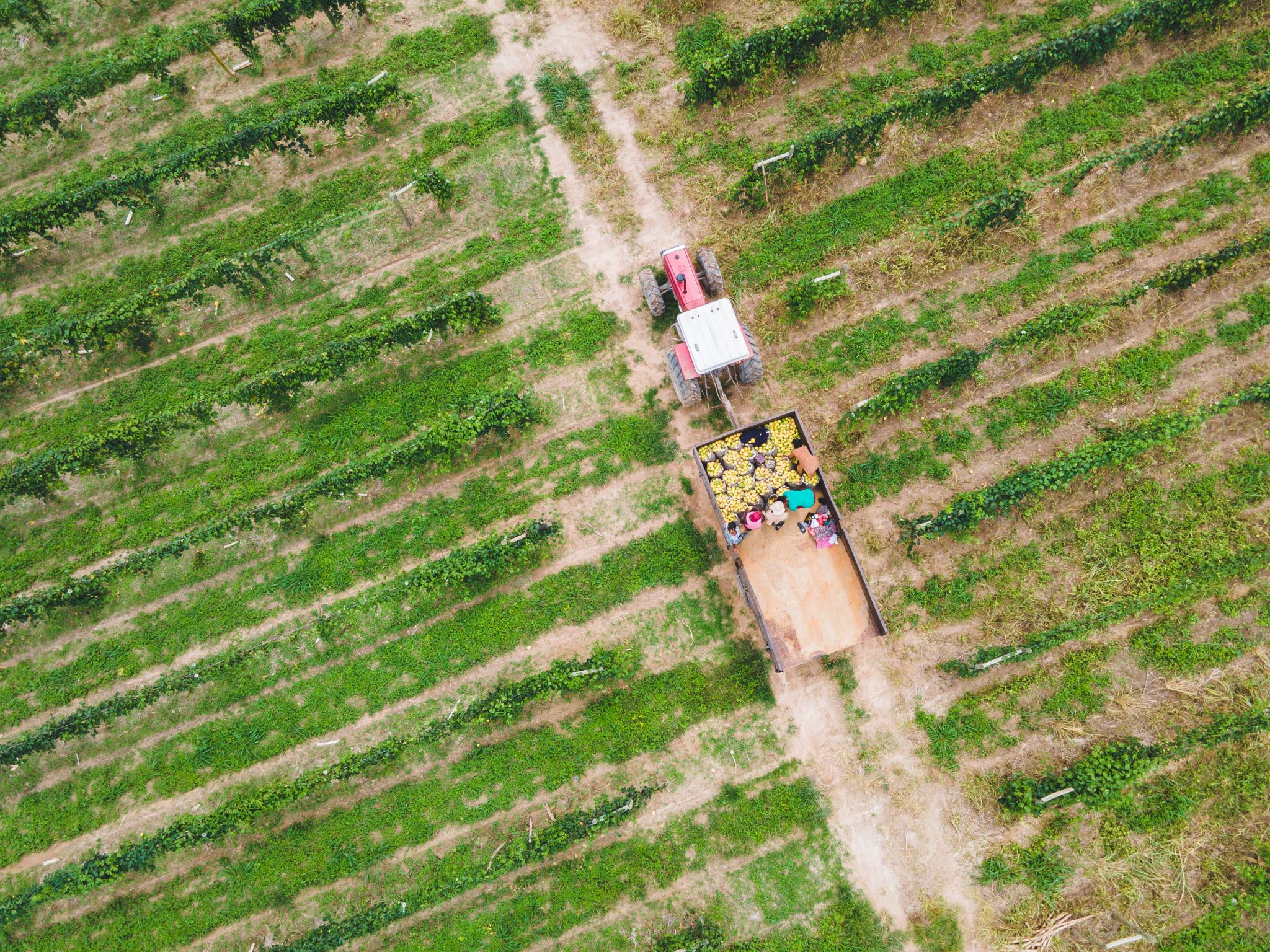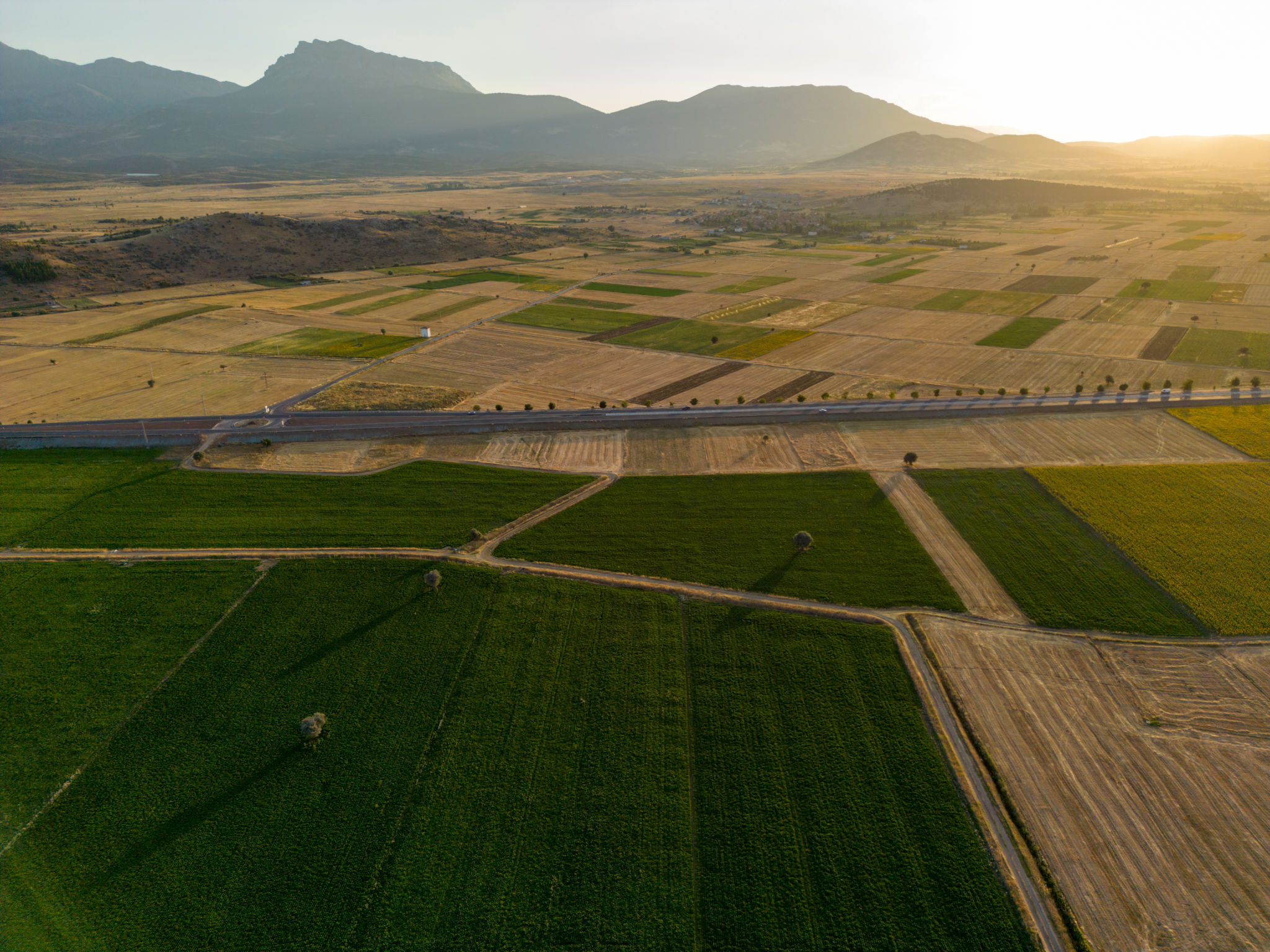Innovative Trends in Ghana's Agriculture: What Farmers Need to Know
Introduction to Agricultural Innovations in Ghana
Ghana's agriculture sector is undergoing a transformative phase, embracing innovative trends that promise to enhance productivity, sustainability, and profitability. As the backbone of the country's economy, it is crucial for farmers to stay updated with these advancements to remain competitive and ensure food security. This post explores some of the most impactful innovations reshaping Ghanaian agriculture.

Smart Farming Technologies
The integration of smart farming technologies is revolutionizing how farming is conducted in Ghana. These technologies include sensors, drones, and satellite imagery, which provide farmers with precise data regarding soil health, crop conditions, and weather patterns. By utilizing these tools, farmers can make informed decisions that lead to increased yields and reduced waste.
One of the most significant benefits of smart farming is its ability to optimize resource use, particularly water and fertilizers. With the help of data analytics, farmers can apply the right amount of resources at the right time, reducing costs and environmental impact.
The Role of Mobile Applications
Mobile applications are becoming indispensable tools for farmers, offering a wealth of information at their fingertips. Apps provide weather forecasts, pest control advice, and market price updates. Such real-time information helps farmers plan their activities more effectively and sell their produce at optimal prices.

Improved Seed Varieties
The development of improved seed varieties is another noteworthy trend. These seeds are engineered to withstand harsh climatic conditions and resist pests and diseases. By planting such seeds, farmers can secure better yields even under adverse circumstances.
Additionally, these improved varieties often have shorter growing cycles, enabling farmers to harvest crops faster and possibly engage in multiple cropping cycles within a single year.
Embracing Agroecology
Agroecology is gaining traction as a sustainable farming practice. It focuses on working with natural processes to improve soil health and biodiversity. This approach encourages crop diversification and organic farming methods, reducing reliance on chemical inputs and enhancing ecosystem resilience.

Access to Financial Services
Access to financial services remains a critical challenge for many Ghanaian farmers. However, innovative financial products tailored for the agricultural sector are emerging. These include microloans, insurance products, and mobile banking solutions specifically designed to meet the needs of farmers.
Such financial services empower farmers to invest in better inputs, technology, and equipment, thereby boosting their productivity and profitability.
The Importance of Farmer Cooperatives
Farmer cooperatives play a pivotal role in facilitating access to innovations. By joining cooperatives, farmers can pool resources, access training programs, and negotiate better prices for inputs and outputs. Cooperatives also serve as platforms for sharing knowledge and experience among farmers.

Conclusion
Innovation is at the heart of transforming Ghana's agriculture sector. By embracing smart technologies, improved seeds, agroecological practices, and financial services, Ghanaian farmers can enhance their productivity and sustainability. Staying informed about these trends is crucial for farmers aiming to thrive in the evolving agricultural landscape.
As these innovations continue to evolve, it is essential for stakeholders, including government bodies, non-governmental organizations, and private sectors, to support farmers in adopting these practices. The future of agriculture in Ghana looks promising with these advancements paving the way for a more resilient and prosperous farming industry.
